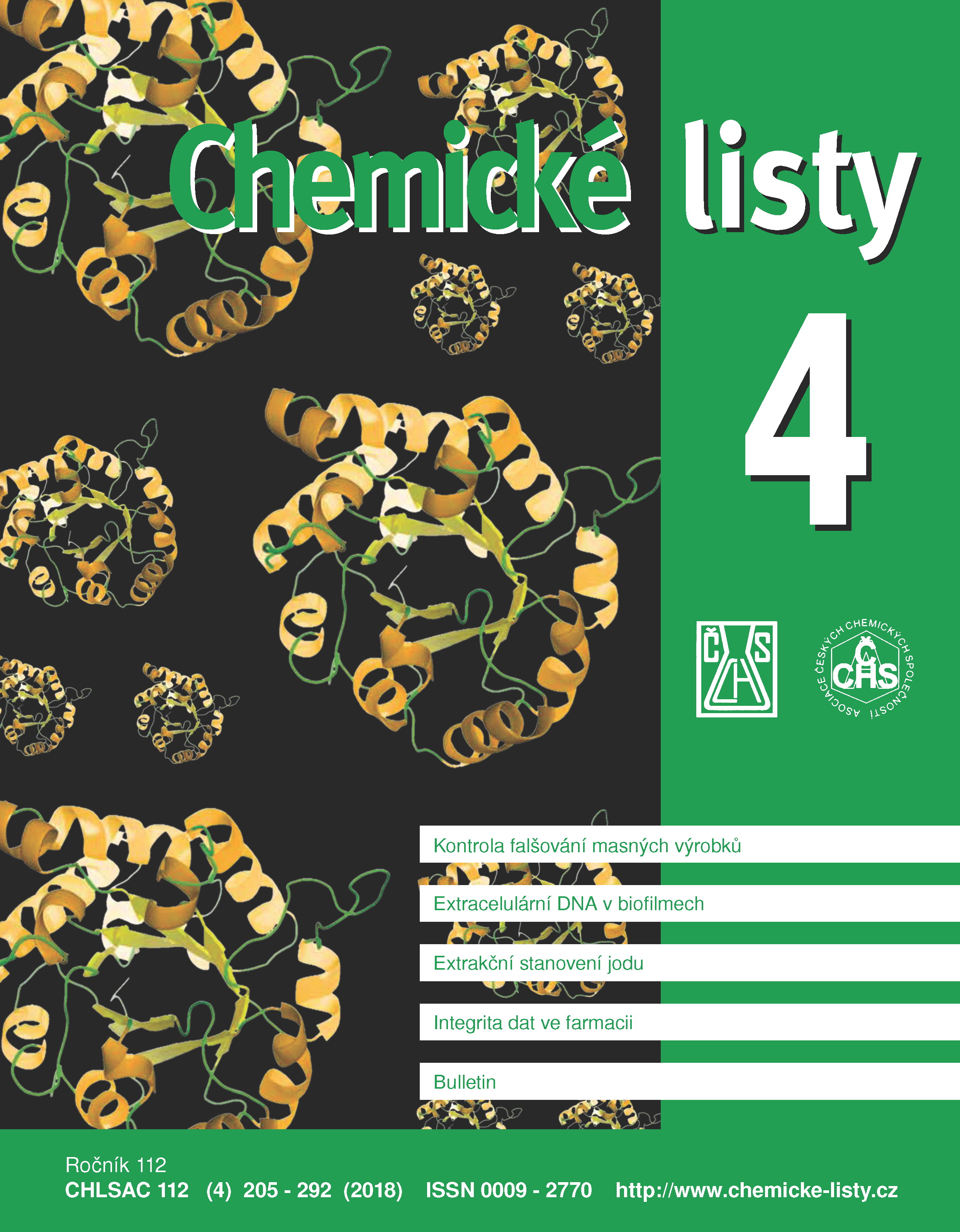The Current Methods Used for Disclosure of Meat and Meat Products Adulteration
Keywords:
food adulteration, meat, proteins, DNA, polymerase chain reactionAbstract
Meat and meat products belong to the group of the most expensive foods and, consequently, they are the most frequently counterfeited products. One of the most common ways to deceive the customers is to replace the meat of high quality by low quality ones. Another problem is giving misleading information concerning the meat content on the product label. Nowadays, there is a possibility to use many methods for meat recognition. Our paper gives an overview on current methods used for meat analysis including examples of their use. They are divided according to the detected analyte, such as proteins, metabolites and DNA. Presently, the authentification of meat origin is a simple task. On the other hand, the quantification of varying origin of meat or meat products in a mixture still represents a complex and difficult issue.





